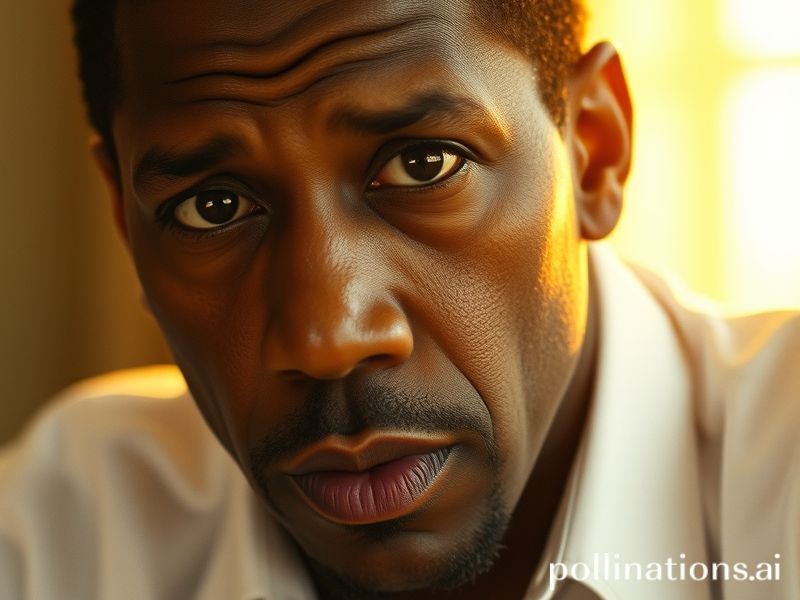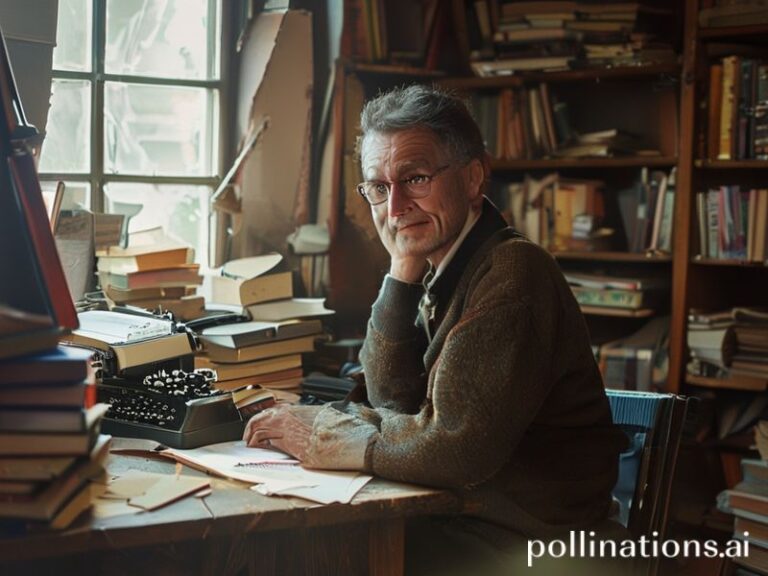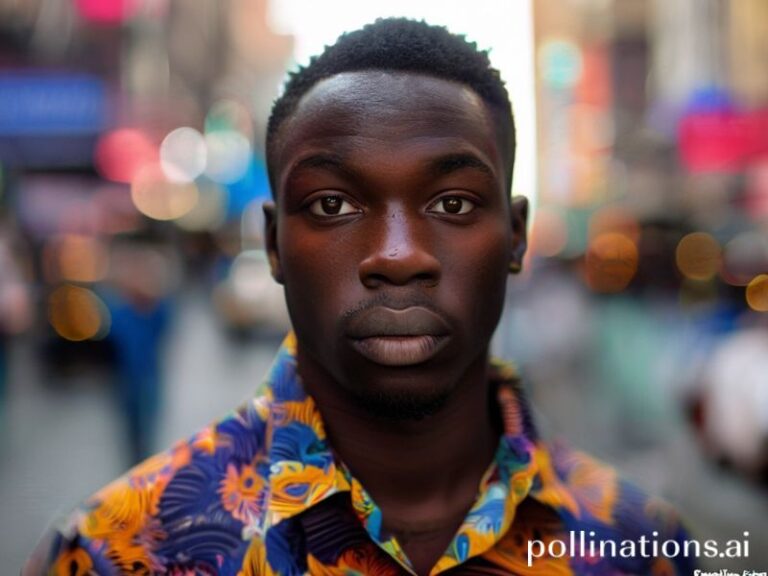Denzel Washington: The Last American Export the World Still Trusts
**The Last Movie Star: Denzel Washington and the Global Art of Not Giving a Damn**
In a world where TikTok dancers become geopolitical pundits and reality TV hosts morph into nuclear-armed leaders, Denzel Washington remains stubbornly, gloriously analog. While the planet burns through its fifteenth minute of fame, this 69-year-old actor from Mount Vernon, New York, has achieved something remarkable: he’s become the last universally respected American export that doesn’t require a user agreement.
From Lagos to Lahore, from São Paulo to Seoul, Washington’s face adorns bootleg DVDs and pirated streaming sites with the kind of reverence usually reserved for religious icons and football deities. In Sudan’s refugee camps and Mumbai’s slums, his monologues from “Training Day” are recited like scripture. It’s perhaps the most democratic thing America has produced since jazz—art that transcends borders without requiring a passport or a VPN subscription.
The global appeal is almost comically straightforward: Washington plays men who do the right thing when everything goes wrong. In an era where world leaders can’t seem to find their moral compass with both hands and a GPS, here’s an American who consistently embodies integrity, dignity, and the radical notion that words actually matter. The irony isn’t lost on international audiences that the most trusted American voice might be an actor pretending to be someone else.
His recent honorary Academy Award—because apparently, we needed to formally recognize what everyone from Kenyan matatu drivers to Norwegian film professors already knew—highlighted something darker about our current moment. While Washington accepts lifetime achievement awards, the institution honoring him scrambles to stay relevant in a world where “content” has replaced cinema and algorithms have replaced taste. The man who brought Malcolm X to life now represents a dying breed: the movie star who earned fame before Instagram followers became a currency more valuable than the dollar.
In Russia, where Hollywood films face increasing restrictions, Washington’s movies circulate through underground networks like samizdat literature. Chinese censors, who typically treat American cultural exports like radioactive waste, have largely given him a pass—perhaps recognizing that dignity translates across ideological divides. Even in Iran, where “American” is usually preceded by “Great Satan,” Washington’s portrayal of Muslim characters in films like “The Siege” is studied in film schools with the kind of academic respect usually reserved for Kurosawa.
The global worship of Washington reveals our collective hunger for something increasingly rare: consistency. While politicians pivot faster than a broken weather vane in a hurricane, Washington has spent four decades playing variations on a theme—that a man’s word is his bond, that justice matters even when it’s inconvenient, and that sometimes the most revolutionary act is simply telling the truth. It’s a message that resonates in countries where truth has become a luxury item and justice arrives about as often as honest politicians.
As streaming services fragment global culture into algorithmic ghettos and AI threatens to replace actors with digital puppets, Washington stands as a relic of something we might miss when it’s gone: the human touch. His performances remind us that before deepfakes and virtual influencers, there were actual humans who could move other humans without a single line of code.
In the end, perhaps Washington’s greatest role is playing himself—an anachronism in an age where authenticity is manufactured in boardrooms and integrity is focus-grouped into oblivion. The world doesn’t just watch Denzel Washington; it clings to him like a life raft in an ocean of artificial waves. And in that desperate grip lies a confession: we know the difference between real and fake, even when we’ve forgotten how to demand the former.
The joke, of course, is that the man who plays heroes is just doing his job. The tragedy is that we’ve made heroism seem like fiction.







